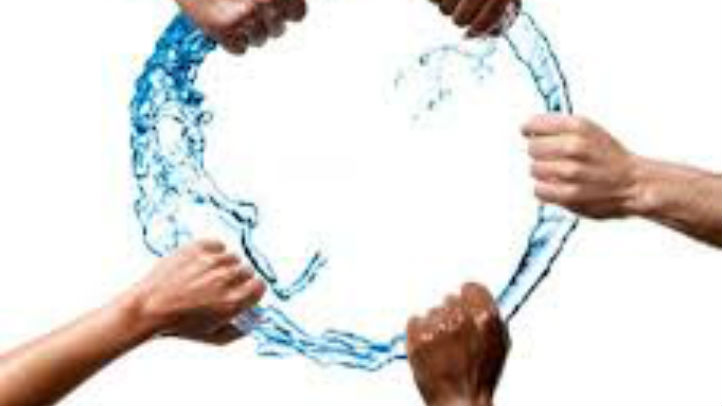Did you know that
- Drinking bottled RO filtered water is slowly killing you? Plastic leached into water and “de-mineralized” water leaching out minerals from your body.
- Your 1500 ft+ bore is giving you water stored literally millions of years ago? how fresh can this water be.
- One good period of rainfall can provide in 3 months enough water to serve normal human needs for 3 years?
Our parents are healthier than most of us can realistically expect to be at their age. Water occupies about 70% of our body weight. Today, we have ATMs and ATWs, where once water used to be free, now it is something we pay for and yet are we getting quality that our parents took for granted?
Situation is bad in
- urban areas where diesel is burnt to transport water, inspite of a well laid out network of cables and deep deep bore wells.
- rural areas where farmers are unable to grow crops due to parched earth. Their solution of digging deeper and more number of bore wells has back fired.
Getting good water for free does not make any “profit-sense” and is bad for business. A yearly budget for a small apartment complex can easily be Rs.8 lakhs in affected regions in most urban centers in India. This is when a little planning, a little prudence and a bit of common-sense can allow for a good quality of life while saving money.
SEN-WoW (War on Water) is indeed a war on the apathy of the intelligent Indian to resolve the looming water crisis. At independence, our 36 crores were hungry but had enough to drink, today, our 128 crores are well fed but thirsty and often paying more for water than energy and in some cases food. The monsoons are a great gift to the Indian peninsula and we get a chance each year to correct our abusive use of water resources.
We have replaced the acute hunger at independence with acute thirst in our sixth decade after independence. It is time collective action is taken to resolve this.
SEN-WoW proposes to handle this in 3 phases, with a separate agenda for urban, rural and industry segments.
| Phase 1 | Phase 2 | Phase 3 | |
| Urban | 1. Roof-top Rainwater harvesting 2. Reusing abandoned bores 3. Quality testing of water |
1. Declogging old pipelines and improving distribution network 2. Waste water treatment and recycling 3. “Happy Water” |
1. Improving quality of water 2. Educating to use water friendly products 3. Need for micro-nutrients |
| Rural | 1. Drip irrigation 2. Low cost solutions to improve water table 3. Topography based rain-water harvesting |
1. Improving the water table 2. Quality testing of water 3. Educating on eco-friendly farming practices |
1. Self sufficiency for power 2. More revenue through better crop planning 3. Organic farming – various forms |
| Industries | 1. Understand the “water gap” 2. Implement solutions with long term sustainability 3. Reduce total cost of water |
1. Evaluate implementable measures for balanced water use 2. Waste water and effluent treatment 3. Eco-friendly practices |
1. Water quality improvement 2. Water recycling opportunities 3. “Green” compliance |
| Government | We look at working with government agencies closely in achieving these goals. | ||
The principle applied is,
- Use available water judiciously.
- Make more water available.
- Improve water quality.
We are looking at a collaborative effort in making these and more happen. Interested individuals, corporates, institutions, ngos and others, pls send an email to support@ngo.in3ator.com or apply by clicking a relevant button below.
APPLY BY CLICKING BELOW RELEVANT BUTTON
| Corporates | Student | Institution | NGO | |||

